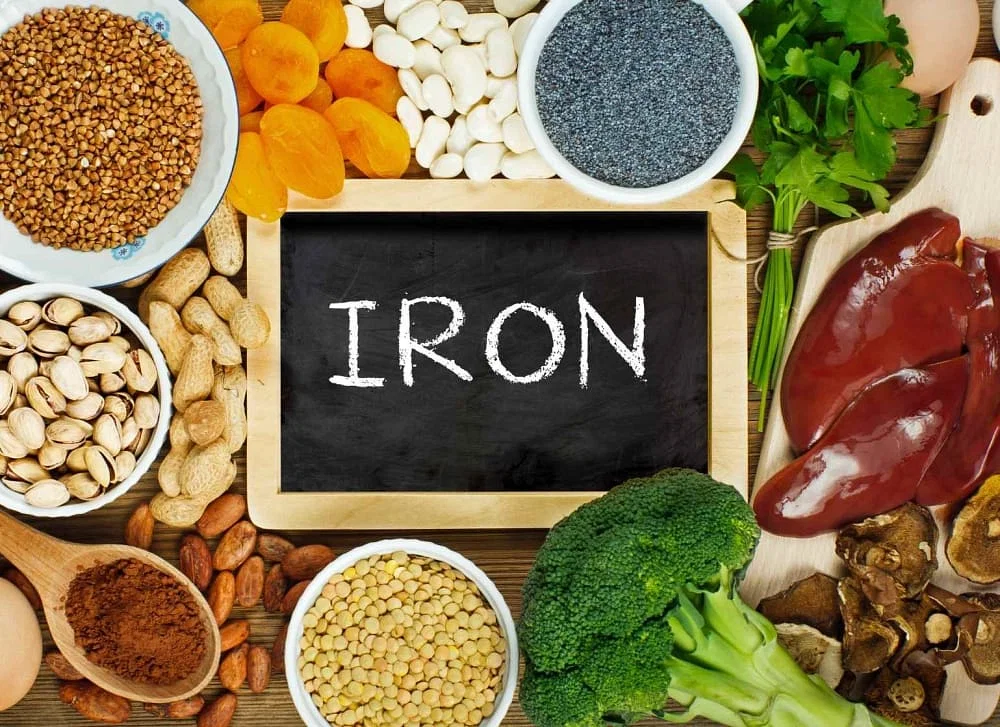Eating foods rich in iron is important because iron is essential for the formation of hemoglobin, the main component of red blood cells. Iron also helps in the production of myoglobin, which supplies oxygen to the muscles, and helps with energy metabolism and immune function.
To better understand the importance of iron intake, nutritionist Lovinit Batra has mentioned a list of foods that can help increase iron intake in the body:
1. Amaranth
The seeds of this edible leafy plant are a good source of iron as well as other minerals such as calcium and manganese. It can be cooked and used as a grain substitute in various dishes.
2. Sesame seeds
Sesame seeds are also rich in iron and can be easily added to the diet. They are also used as a topping in buns or other dishes. They are rich in calcium and magnesium as well as zinc.
3. Beet greens
Beetroot leaves are not only highly nutritious but also contain a fair amount of iron. They can be cooked and used like other leafy vegetables such as spinach.
4. Kalonji
These black seeds are commonly used in subcontinental and Middle Eastern cuisines. They not only add flavor to dishes but also provide iron among other health benefits.
5. Soybeans
Soybean is a legume that is full of iron. They are also a complete source of protein and are eaten in a variety of forms.
Adding these iron-rich foods to your diet can help prevent iron deficiency and ensure a healthy intake of other essential minerals, says Lavneet Batra.
(function(d, s, id){
var js, fjs = d.getElementsByTagName(s)[0];
if (d.getElementById(id)) {return;}
js = d.createElement(s); js.id = id;
js.src = “//connect.facebook.net/en_US/sdk.js#xfbml=1&version=v2.3&appId=770767426360150”;
fjs.parentNode.insertBefore(js, fjs);
}(document, ‘script’, ‘facebook-jssdk’));
(function(d, s, id) {
var js, fjs = d.getElementsByTagName(s)[0];
if (d.getElementById(id)) return;
js = d.createElement(s); js.id = id;
js.src = “//connect.facebook.net/en_GB/sdk.js#xfbml=1&version=v2.7”;
fjs.parentNode.insertBefore(js, fjs);
}(document, ‘script’, ‘facebook-jssdk’));



